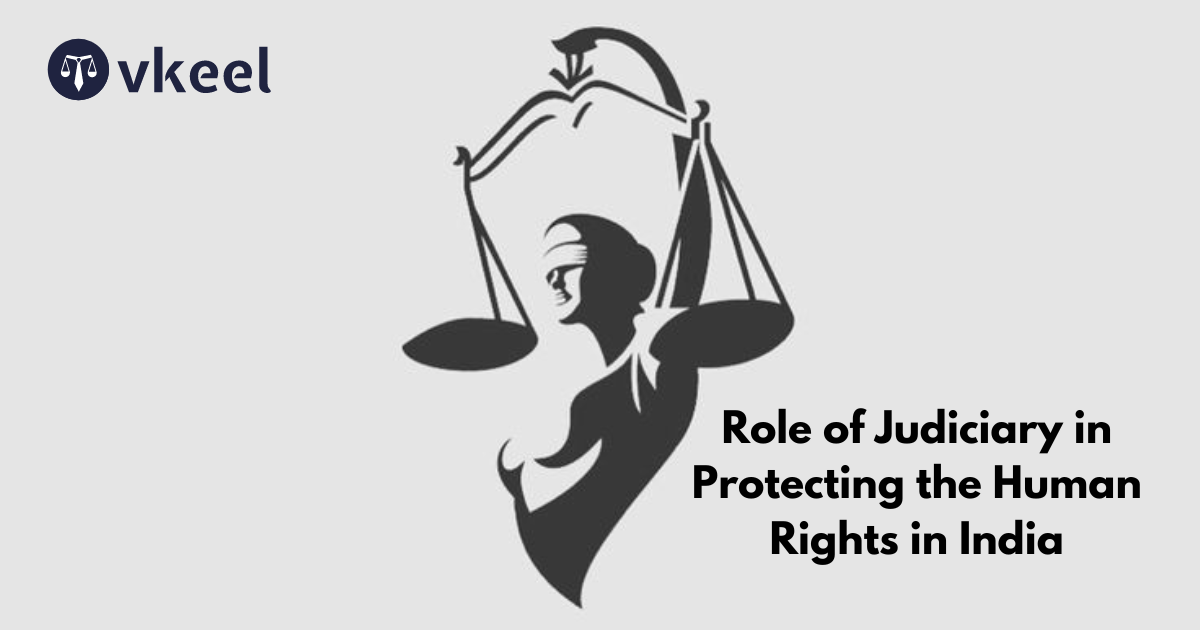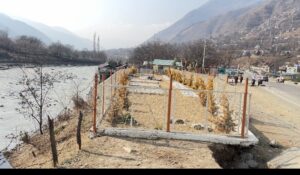The role of the judiciary in protecting fundamental rights

The judiciary plays a crucial role in protecting fundamental rights, acting as the guardian of the Constitution and the final interpreter of law.
In a democratic society, the judiciary ensures that the rights granted to individuals under the Constitution are not violated by the state, institutions, or even private entities.
When any law, policy, or action infringes upon fundamental rights such as the right to equality, freedom of speech, or personal liberty, it is the judiciary that steps in to uphold justice. Through mechanisms like writ petitions under Article 32 and Article 226 of the Indian Constitution, citizens can directly approach the courts to seek redress for violations of their rights.
The judiciary, particularly the higher courts like the Supreme Court and High Courts, have been proactive in expanding the interpretation of rights to include newer dimensions such as the right to privacy, education, and a clean environment. This judicial activism has played a significant role in holding governments accountable and ensuring that power is exercised within constitutional limits.
Moreover, by striking down unconstitutional laws and executive actions, the judiciary maintains a system of checks and balances that is essential for the survival of democracy. In essence, the judiciary is not merely a passive observer but a dynamic institution committed to safeguarding the dignity and freedoms of individuals against any form of oppression or injustice
The judiciary plays a crucial role in protecting fundamental rights, acting as the guardian of the Constitution and the final interpreter of law.
In a democratic society, the judiciary ensures that the rights granted to individuals under the Constitution are not violated by the state, institutions, or even private entities.
When any law, policy, or action infringes upon fundamental rights such as the right to equality, freedom of speech, or personal liberty, it is the judiciary that steps in to uphold justice. Through mechanisms like writ petitions under Article 32 and Article 226 of the Indian Constitution, citizens can directly approach the courts to seek redress for violations of their rights.
The judiciary, particularly the higher courts like the Supreme Court and High Courts, have been proactive in expanding the interpretation of rights to include newer dimensions such as the right to privacy, education, and a clean environment.
This judicial activism has played a significant role in holding governments accountable and ensuring that power is exercised within constitutional limits. Moreover, by striking down unconstitutional laws and executive actions, the judiciary maintains a system of checks and balances that is essential for the survival of democracy.
In essence, the judiciary is not merely a passive observer but a dynamic institution committed to safeguarding the dignity and freedoms of individuals against any form of oppression or injustice
the judiciary also serves as a watchdog that constantly reviews laws, executive decisions, and legislative actions to ensure they do not violate the spirit of the Constitution.
This function becomes even more significant in times of political instability or authoritarian tendencies, where there is a risk of misuse of power.
The courts, particularly the Supreme Court in India, have developed the concept of judicial review, which empowers them to invalidate any law or executive order that contravenes fundamental rights.
Over the years, the judiciary has expanded its interpretation of rights through landmark judgments—for example, the right to life under Article 21 has been interpreted to include the right to live with dignity, the right to education, and even the right to a healthy environment.
This broad and progressive interpretation has brought justice to countless people who otherwise might have remained voiceless in the system.
Furthermore, the judiciary plays a key role in promoting social justice by addressing inequalities and discrimination faced by marginalized communities.
It has time and again taken suo motu cognizance of human rights violations and intervened in matters concerning the poor, women, children, and other vulnerable groups. Through Public Interest Litigations (PILs), even individuals or groups not directly affected by a particular issue can approach the court, making the justice system more accessible to the common people.
This innovation in legal procedure has made the judiciary a powerful tool in addressing collective grievances and promoting the ideals of equality and fairness.
The independence of the judiciary is also critical in this regard. A free and impartial judiciary is essential to ensure that justice is not influenced by political pressures or vested interests.
Judges are expected to interpret the law without fear or favor, and this impartiality builds public trust in the legal system. It is through this independence that the judiciary can fearlessly challenge governmental actions and act as the voice of the Constitution. Moreover, the judiciary plays an educational role by spreading awareness about fundamental rights and encouraging citizens to stand up for their constitutional freedoms. In conclusion, the judiciary not only enforces fundamental rights but also nurtures a culture of justice, equality, and respect for the rule of law.
Its role is indispensable in ensuring that the democratic framework remains intact and that every individual, regardless of status or background, is treated with fairness and dignity.
Name:Mohammad Ashar bhat
Student of law at University of Kashmir



